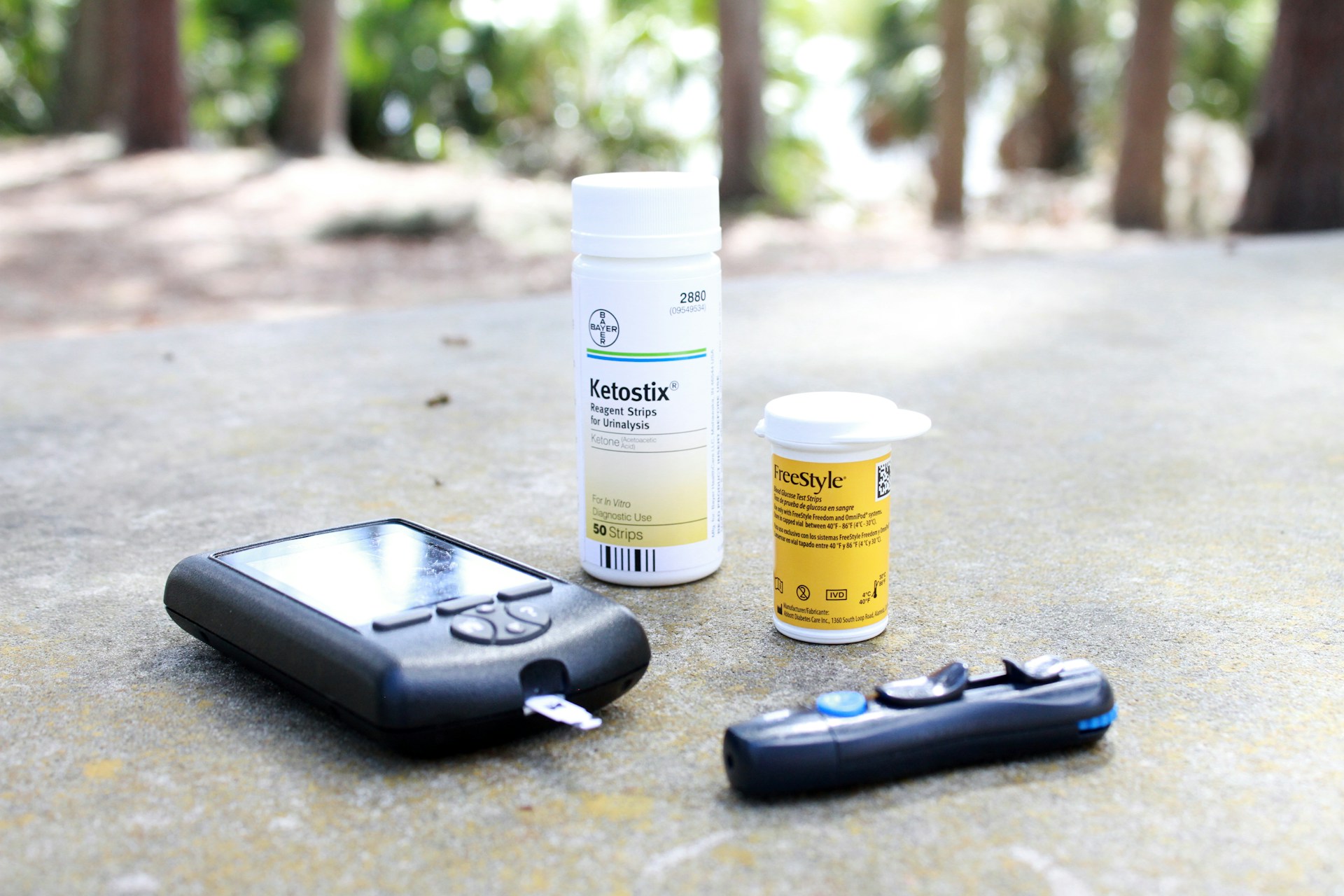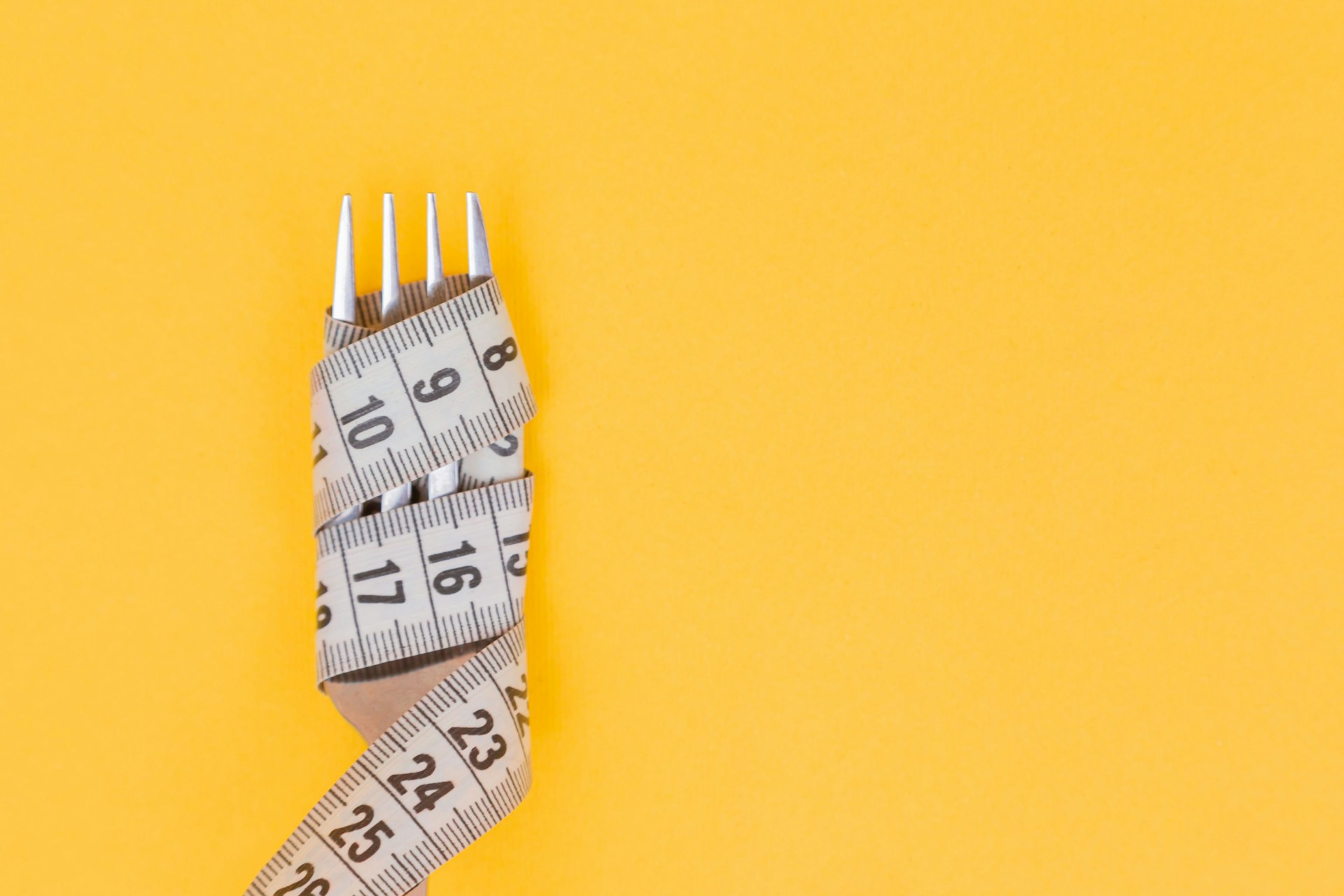10 Side-Effects Of Consuming Too Much Sugar & Why You Should Lower Your Intake
10 Side-Effects Of Consuming Too Much Sugar & Why You Should Lower Your Intake
Low-sugar diets are crucial for maintaining optimal health—opting for nutrient-rich foods like leafy greens or fatty fish can improve mood, ward off health risks, and even help you sleep better. The wrong foods, however, are nothing but trouble down the road. Let’s dive into what too much sugar does to the body, and why you should cut down your intake.
1. Weight Gain
Excessive sugar intake, particularly added sugars, can cause significant weight gain. Thanks to the high calories and low fiber, it’s easy to overconsume sugary foods and drinks, often leading to a few extra pounds.
2. Type 2 Diabetes
Too much sugar puts you on the fast track to all sorts of health risks, namely type 2 diabetes. Overconsumption can lead to insulin resistance, which may trigger higher blood sugar levels that develop into type 2 diabetes.
 Photo by Mykenzie Johnson on Unsplash
Photo by Mykenzie Johnson on Unsplash
3. Tooth Decay
It turns out our parents (and dentists) weren’t lying about sugar and oral health. In fact, too much sugar is one of the quickest ways to erode enamel and produce harmful bacteria in the mouth. You’re also more susceptible to cavities.
 Photo by Jose Vazquez on Unsplash
Photo by Jose Vazquez on Unsplash
4. Risk of Heart Disease
High-sugar diets can wreak havoc on your ticker, leading to an increased risk of heart disease. Due to health concerns like inflammation or high blood pressure, too much sugar can affect the heart and leave you prone to much larger issues.
 Photo by Elena Leya on Unsplash
Photo by Elena Leya on Unsplash
5. Inflammation
Speaking of health risks, overconsuming sugar can cause chronic inflammation if you’re not careful. Untreated, and persistent, inflammation has been linked to an onslaught of health conditions such as cancer and arthritis.
6. Mental Health Risks
As if the physical risks weren’t enough, too much sugar affects mental health as well. The sad truth is that high-sugar diets have been linked to greater risks of depression and anxiety on account of blood sugar spikes and lower energy levels.
7. Low Energy
Sugar is great at tricking us into thinking it provides energy—and it’s because it technically does, but only for a short time. After that little pick-me-up, don’t be surprised if you go through the dreaded sugar crash, zapping all your energy and leaving you worse for wear throughout the day.
 Photo by Alexander Grey on Unsplash
Photo by Alexander Grey on Unsplash
8. High Blood Pressure
Until now, we all thought excessive sodium led to high blood pressure (which it does), but sugar is just as big a culprit. Too much sugar has been known to increase blood pressure levels, impeding kidney function and putting undue pressure on the blood vessels.
 Photo by Mufid Majnun on Unsplash
Photo by Mufid Majnun on Unsplash
9. Fatty Liver
Fatty liver disease quite literally means fat in the liver, and it often comes from excessive calories or sugar intake. Though it’s not guaranteed, overconsuming sugar, especially fructose, does put you at a greater risk of developing it.
 Photo by Mikhail Nilov on Pexels
Photo by Mikhail Nilov on Pexels
10. Digestion Issues
We’ve all been there—one moment we’re eating a handful of gummy worms and the next our stomachs start rumbling. As tasty as it is, it’s because sugar leads to all kinds of digestive problems like bloating, gas, and diarrhea. It’s even worse for those with IBS.
 Photo by Sora Shimazaki on Pexels
Photo by Sora Shimazaki on Pexels
Now that we know why too much sugar is bad for you, let’s dive into why less sugar is good for you.
1. Healthier Skin
Low-sugar diets can help achieve that healthy glow you’re after. The reason why is that less sugar keeps skin proteins protected, warding off early signs of aging and potentially protecting against acne, too.
 Photo by kevin laminto on Unsplash
Photo by kevin laminto on Unsplash
2. Improved Heart Health
We now know what too much sugar does to the heart, so imagine how healthy our tickers can be with a better diet. Low-sugar diets reduce the risk of heart disease, reduce inflammation, and help regulate blood pressure.
 Photo by jesse orrico on Unsplash
Photo by jesse orrico on Unsplash
3. Weight Management
We wish it weren’t so, but less sugar in the diet means fewer inches around the waist. Proper calorie deficits can lower sugar consumption and put you on the fast track to better health. Swapping out high-sugar foods for nutrient-dense ones gives you more of what you actually need.
 Photo by Diana Polekhina on Unsplash
Photo by Diana Polekhina on Unsplash
4. Better Immune Function
Another surprising benefit of less sugar is you can also boost white blood cell function. Studies have shown that reducing sugar improves our immune system, which we’d obviously like working at full capacity.
 Photo by Jasmin Schreiber on Unsplash
Photo by Jasmin Schreiber on Unsplash
5. Easy to Control
People sometimes mistake healthier diets for bland, boring meals that are not only expensive but hard to make. The thing is, though, that better meals don’t have to cost an arm and a leg—they keep you fuller for longer, too, which means less reaching for the cookie jar.
 Photo by Sweet Life on Unsplash
Photo by Sweet Life on Unsplash
6. Fewer Health Risks
With a stronger heart and better immune system, it’s easy to see why the body thrives with less sugar. But that’s not all you have to look forward to! Low-sugar diets also lower cancer risks, improve liver function, and regulate cholesterol levels (among other benefits).
 Photo by Mikhail Nilov on Pexels
Photo by Mikhail Nilov on Pexels
7. Better Nutrition
Lean meats, fatty fish, and leafy greens have far more health benefits than a cake slice. Consistently incorporating nutrient-dense foods into your diet ensures you have all the vitamins and minerals necessary for a longer, healthier life.
 Photo by Sweet Life on Unsplash
Photo by Sweet Life on Unsplash
8. More Energy
Put down that pastry—there are healthier alternatives that give an actual energy boost! Eggs, nuts, avocados, and sardines are just a few of the foods that keep you energized all day long. They’re also packed with additional vitamins and nutrients.
 Photo by Erol Ahmed on Unsplash
Photo by Erol Ahmed on Unsplash
9. Better Mood
Forget the fleeting joy of sugary foods and drinks. Regular exercise and a healthy diet are the perfect combo for strong mental health, often stabilizing moods and leading to a lower risk of mental health concerns.
 Photo by Jamie Brown on Unsplash
Photo by Jamie Brown on Unsplash
10. Reduced Cravings
The right diet keeps you fuller for longer, which means you can nip those cravings in the bud. Turn to potatoes, eggs, oatmeal, or quinoa for enriching meals that actually fill your belly.
KEEP ON READING

The Most Popular Chocolate Bars in the USA










